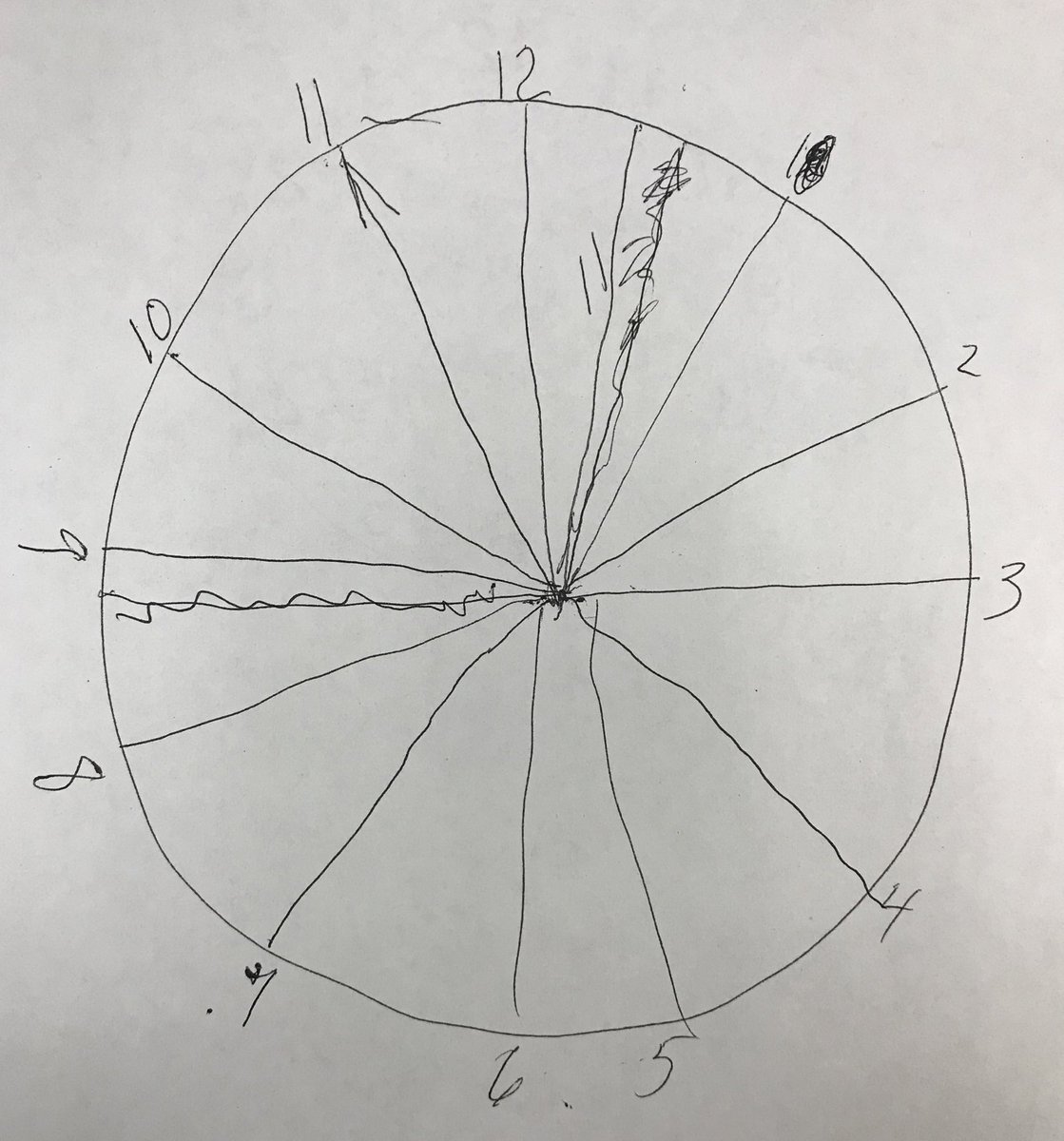
Tweeting about the Boston Process Approach to neuropsychological evaluation
How to get URL link on X (Twitter) App


 I will focus on the most common (or arguably best) version of the clock drawing test (CDT): command (free) drawing of a “10 after 11” clock followed by copy of a clock stimulus. 2/x
I will focus on the most common (or arguably best) version of the clock drawing test (CDT): command (free) drawing of a “10 after 11” clock followed by copy of a clock stimulus. 2/x 